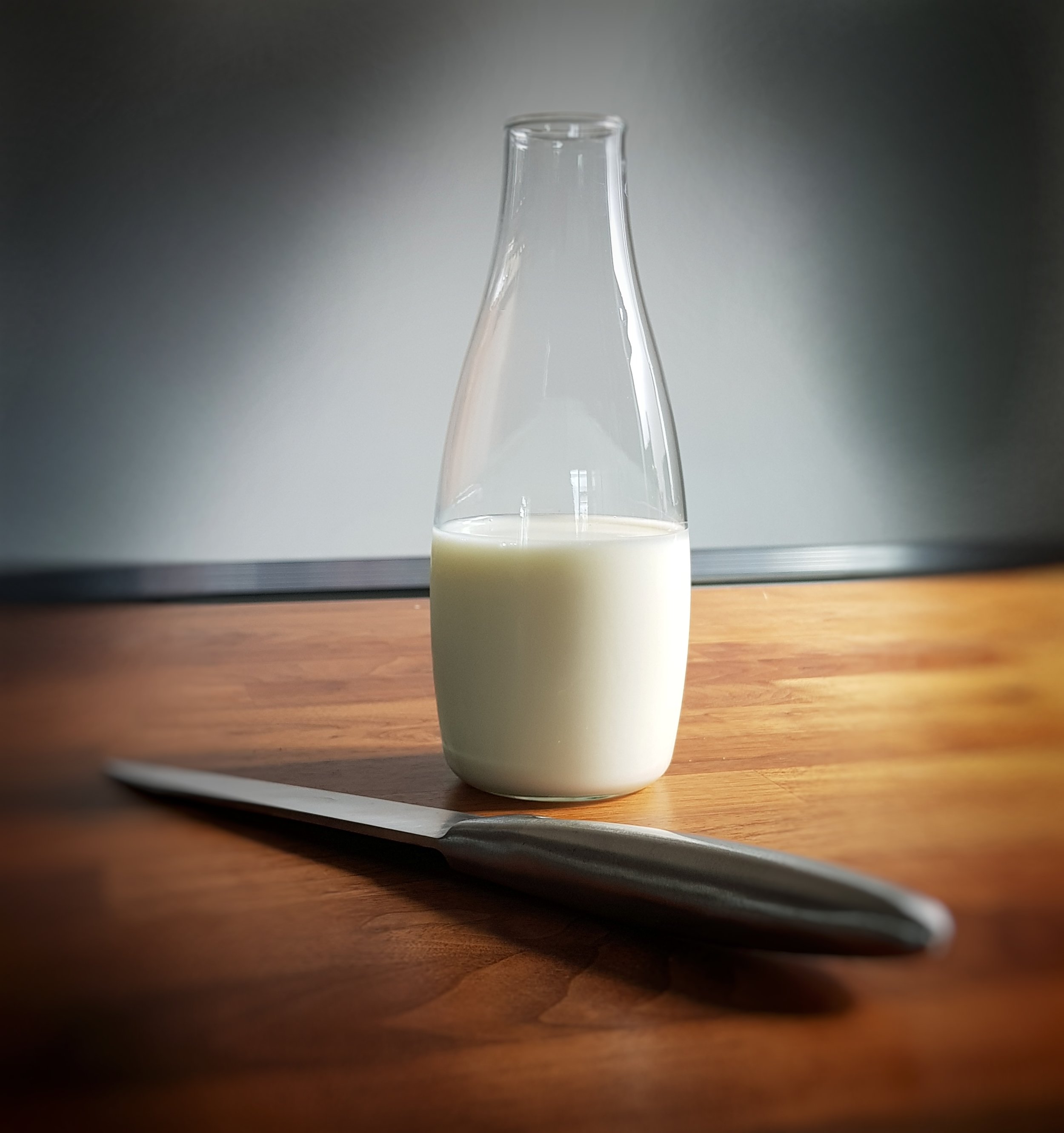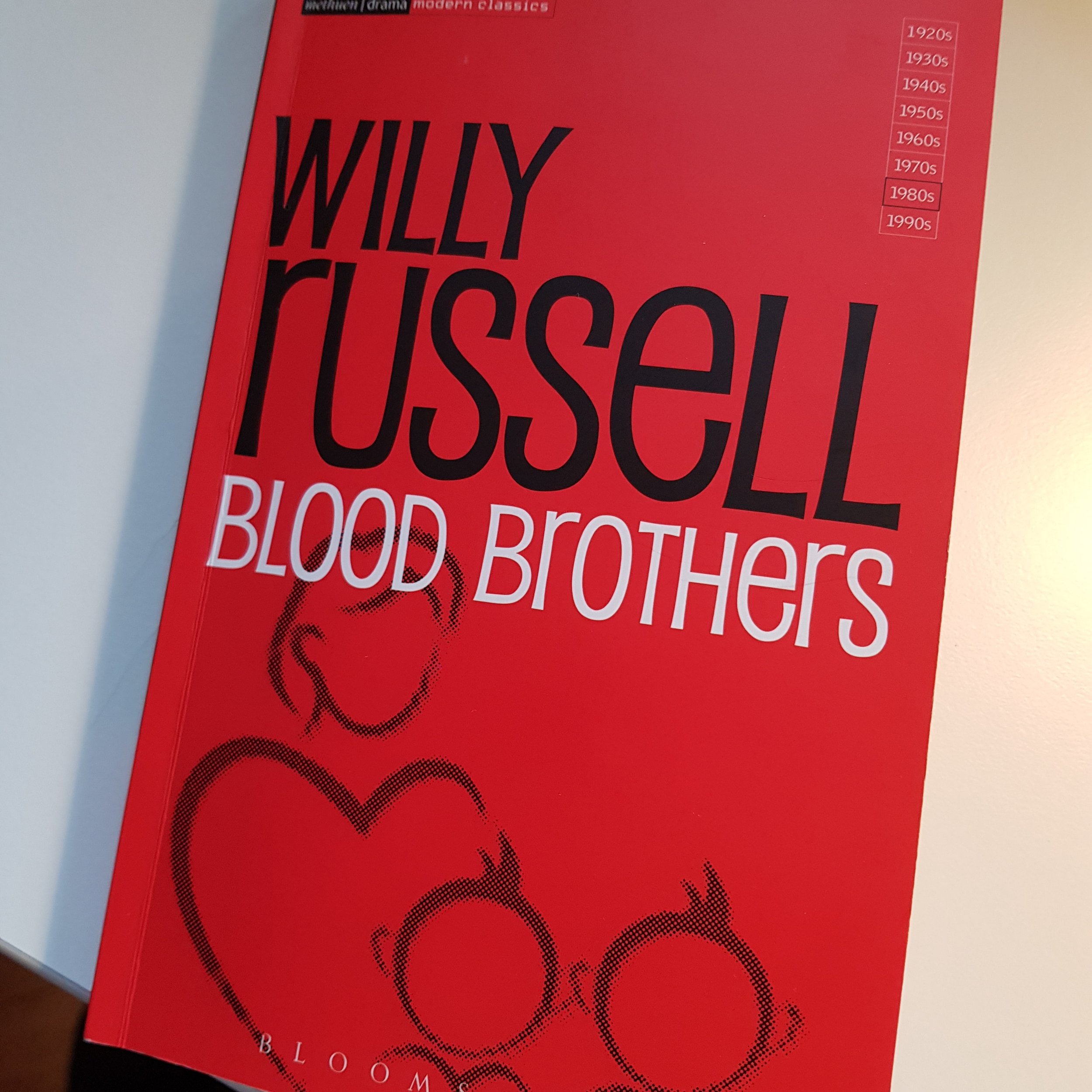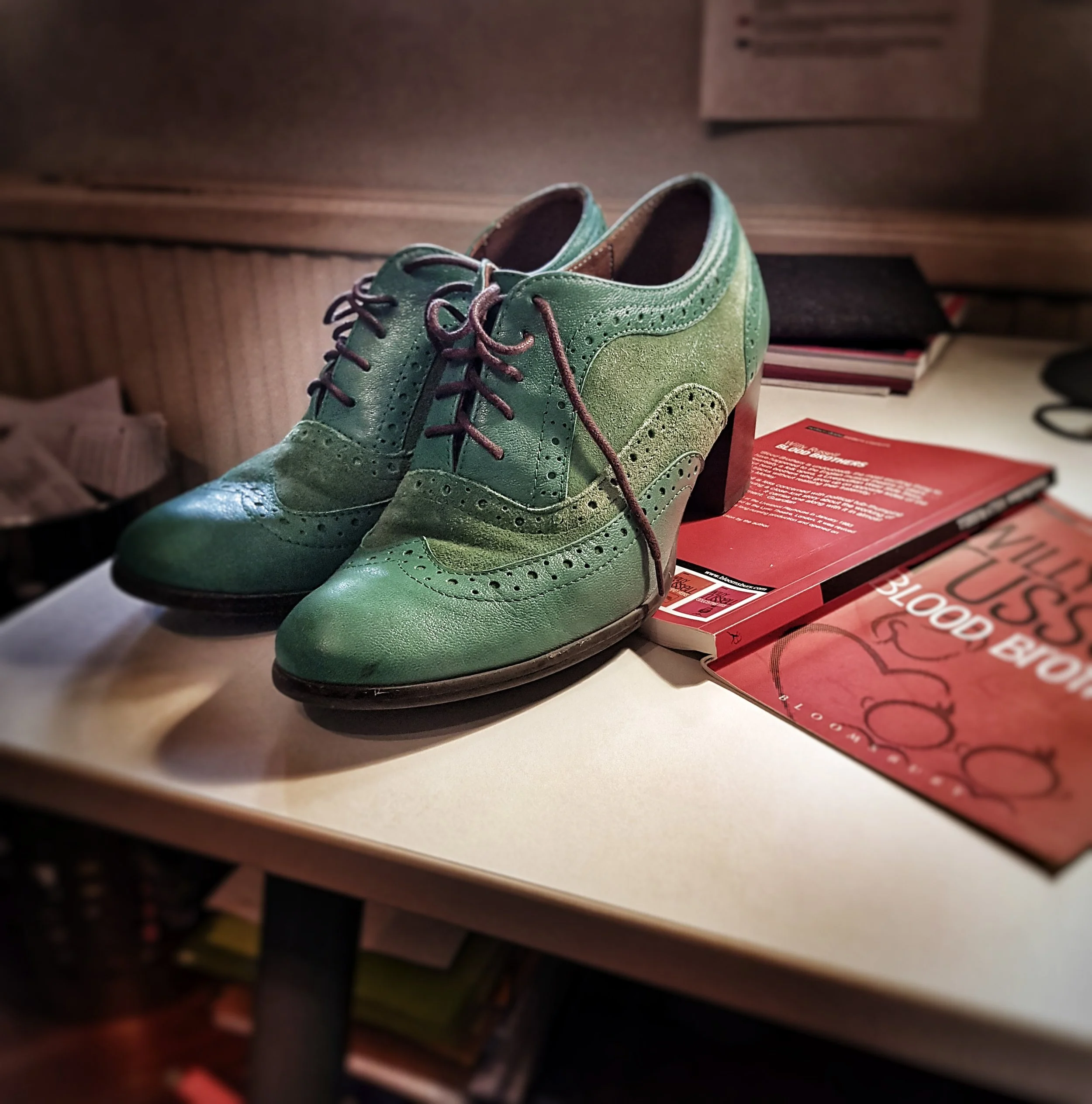Macbeth - Act 1 Scene V
How does Shakespeare represent Lord and Lady Macbeth in this scene? (Act 1, scene V, lines 1-28)
In this scene we see both Macbeth and Lady Macbeth’s ambition laid bare. In the first half of the speech we hear Lady Macbeth reading her husband’s letter – so in fact we hear his very personal hopes and ambitions. The second part of the speech is Lady Macbeth in soliloquy, so in fact we hear her most private thoughts.
The audience learns that Macbeth believes in both the power and the prophecy of the witches. He says they ‘have more in them than mortal knowledge,’ implying that their knowledge is immortal, or supernatural. Belief in magic (whether for good or ill) was common in Shakespeare’s time – King James I wrote ‘Demonology’ around this time, a book about witchcraft. During his reign, he had a good number of witches prosecuted and executed. However, whereas James I understood witches as representative of the devil on earth, Macbeth doesn’t display any lack of trust in what they say to him. On the other hand, Banquo is wary and quick to characterise them as the ‘devil and ‘instruments of darkness’, saying, ‘what can the devil speak true?’ But Macbeth has no such misgivings, instead calling them a ‘wonder’ in this letter. He may allow himself to be so easily persuaded because the prophesy flatters him and speaks to his privately held ambitions.
We get a real insight into the Macbeth’s marriage in this scene. Macbeth calls his wife his ‘dearest partner of greatness’ establishing the idea that these two share a close and real bond, exchanging their innermost feelings and their mutual ambitions. This seems like a very modern marriage to a 21st century audience, but it allows Shakespeare to represent these co-conspirators as egging each other on and responding to their corruption in very different ways.
In the first half of the speech we see how Macbeth’s ambition is easily flattered by the witches and in the second half we hear Lady Macbeth preparing to use the ‘valour of her tongue’ to ensure that he does not falter on the path to their goal of crowning him with the ‘golden round.’ In a reversal of expected gender roles, she fears that he will be ‘too full of the milk of human kindness’ to see through the murder of Duncan. This metaphor – ‘the milk’ – is particularly telling as one would expect the woman, the mother, to be full of ‘milk’ and ‘kindness’ but Lady Macbeth throws that idea on its head.
In this passage we see the naked ambition of the Macbeths and how Macbeth is flattered and manipulated by the witches and their prophecy. We then see how Lady Macbeth is further planning to manipulate him with her arguments and determination. Macbeth can be understood as intellectually weak as he is relatively easy to control by both the witches and his wife. On the other hand, even though they may be clever, the female characters are using their power over him for entirely evil ends.





